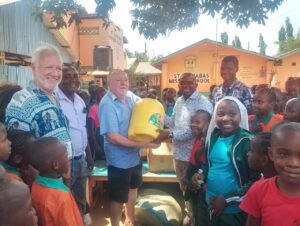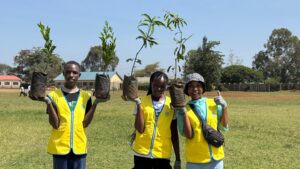Dakar Summit Calls for Stronger Regional Coordination Under South Africa’s G20 Presidency
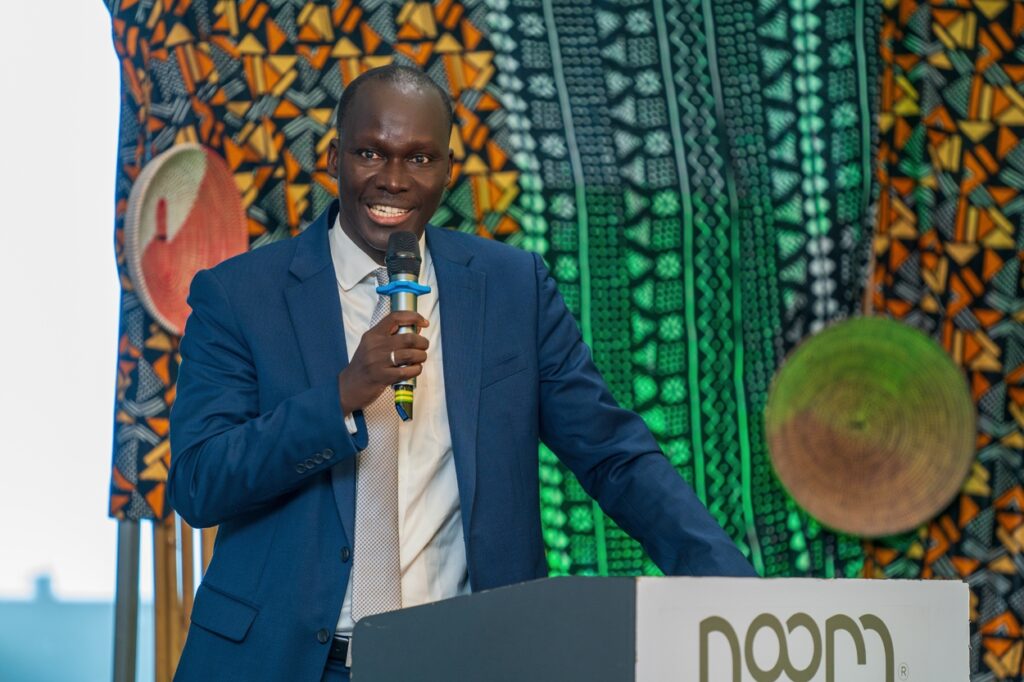
Dr. Daouda Sembene, CEO of AfriCatalyst and a member of the G20 Expert Panel.. (Photo By Mbungu Harrison)
By Mbungu Harrison
Email, thecoastnewspaper@gmail.com
Dakar Summit Calls for Stronger Regional Coordination Under South Africa’s G20 Presidency
With Africa’s global influence on the rise, senior policymakers, central bank governors, economists, and development partners from across West Africa convened in Dakar on October 30–31, 2025, for the G20 Conference in West Africa.
Organized by AfriCatalyst, the South African Institute of International Affairs (SAIIA), the United Nations Development Programme (UNDP), and the African Union Development Agency–NEPAD (AUDA-NEPAD), the two-day meeting explored ways for Africa to consolidate its growing voice in global financial and climate governance.
The discussions also sought to ensure that African priorities are reflected in the agendas of the G20, the Fourth International Conference on Financing for Development (FfD4), and COP30.
“This conference is extremely important in ensuring that the voice of the Global South is heard and that African priorities are reflected in the G20 agenda.Following the presidencies of Brazil and India, South Africa has taken unprecedented action to amplify Africa’s concerns on the world stage,”said Dr. Daouda Sembene, CEO of AfriCatalyst and a member of the G20 Expert Panel.
Opening discussions focused on Africa’s evolving role within the G20 and lessons from recent FfD4 and pre-COP dialogues. Elizabeth Sidiropoulos, Chief Executive of SAIIA, highlighted the historic significance of the African Union’s new status as a permanent G20 member.
“This is only the second year that the African Union sits as a permanent G20 member.It is a unique moment to elevate African issues in global dialogue. Consensus alone is no longer enough Africa must secure financing for the SDGs by 2030 and strengthen resilience to climate change,”she noted.
Further sessions examined debt sustainability, regional coordination, and the role of non-state actors. The UNDP also launched a new report on debt sustainability in West Africa, outlining evidence-based strategies for fiscal resilience.
“We want to identify implementable financing solutions grounded in policy, evidence, and execution.Political commitments must translate into pipelines, transactions, and measurable outcomes. Aligning incentives between policymakers, markets, and think tanks is critical to lowering Africa’s cost of capital,”said Catherine Phuong, UNDP Senegal Resident Representative .
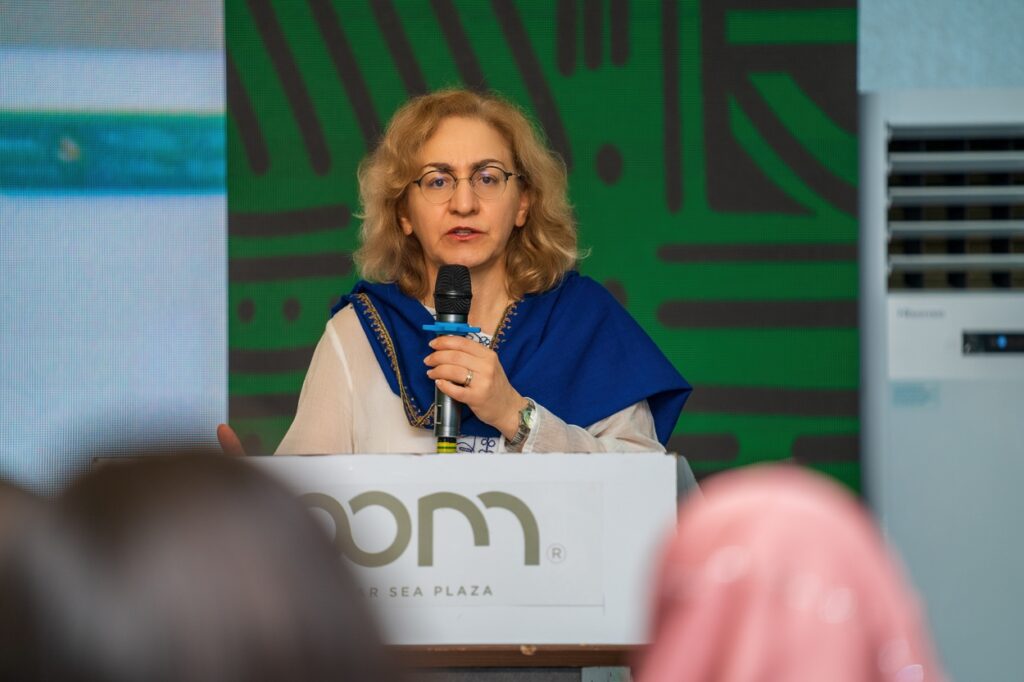
Day Two centered on the high cost of capital across African economies, with experts exploring reforms to strengthen domestic capital markets and regional development banks. Discussions spotlighted the Africa Credit Ratings Initiative, a joint UNDP–AfriCatalyst proposal designed to save the continent an estimated $74.5 billion annually lost to biased credit ratings.
With Africa’s debt-to-GDP ratio exceeding 60% and debt-to-export ratio surpassing 160%, speakers warned that mounting debt continues to constrain investments in infrastructure, social services, and climate adaptation.
“Sub-Saharan Africa’s external debt stock reached $863 billion in 2023, equivalent to 169% of total exports.Debt-service costs now consume 16% of export revenues, a massive drain on future development,”said Dr. Bartholomew Armah, Chief Economist at AUDA-NEPAD.
He emphasized the urgency of tackling illicit financial flows estimated at $88 billion annually and called for regional mechanisms such as the African Monetary Fund and the African Stability Mechanism to restore fiscal stability.
Participants agreed that fairer access to global capital requires coordinated reforms at both regional and international levels. They urged greater transparency in credit ratings, stronger domestic capital markets, and operationalization of the Africa Credit Ratings Initiative to reduce borrowing costs and enhance debt sustainability.
Representing the G20 presidency, Liana Hattingh from South Africa’s Department of International Relations and Cooperation (DIRCO) reaffirmed Pretoria’s commitment to an inclusive and development-centered G20 agenda.
“South Africa’s presidency has prioritized four areas: promoting sustainable and inclusive growth, strengthening disaster resilience, ensuring debt sustainability for low-income countries, and mobilizing finance for a just energy transition.Harnessing Africa’s critical minerals for inclusive development is equally vital—local communities must be the main beneficiaries,”Hattingh said.
Dr. Patrick Ndzana Olomo, Acting Director for Economic Development, Integration, and Trade at the African Union Commission (AUC), recalled the landmark African Union Debt Conference held earlier this year in Lomé, which produced the Lomé Declaration.
“Debt distress has risen from nine countries in 2012 to twenty-five in 2025, crowding out vital investments in health, education, and climate resilience. Africa must rethink and reposition how debt discussions are framed and owned globally.Africa spoke with one voice,” he said.
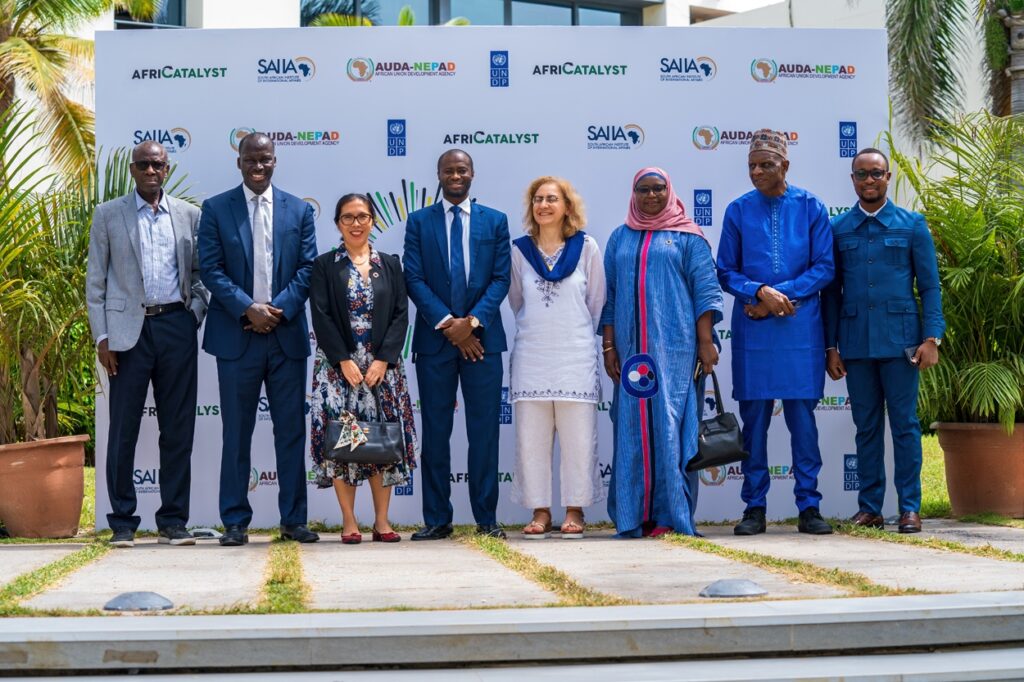
The conference concluded with a collective call for “strategic coherence and relevance” in Africa’s be engagement with global platforms.“Engagement is not enough.We need strategic coherence to move from participation to tangible outcomes,”Dr. Armah concluded.
AfriCatalyst is an independent advisory firm uniting leading African economists, policymakers, and finance experts to strengthen Africa’s voice in global financial governance and advance a just, inclusive financial architecture.

